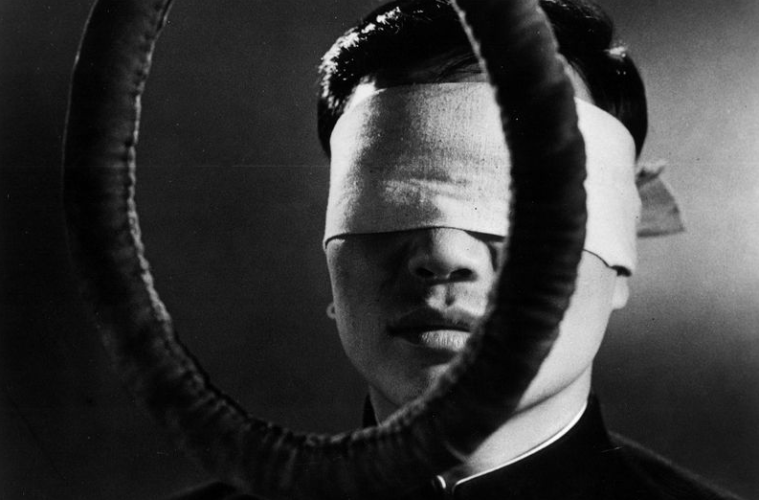
As a supplement to our Recommended Discs weekly feature, Peter Labuza regularly highlights notable recent home-video releases with expanded reviews. See this week’s selections below.
After a decade of the Dust Bowl destroying crops while rich land owners exploited every little farmer there was, making a film that naively bought into the American dream would seem foolish for any filmmaker. But Jean Renoir could only see hope in the plains, having fled his home to exchange the dreams of Fascism for the dreams of celluloid. While Renoir struggled in Hollywood during the war period, his break came as he went north to Millerton Lake to make The Southerner in 1945. The resulting film follows doe-eyed Zachary Scott, exuding his common-day presence, as Sam Tucker. Tucker, gullible for the promises that hard work means a better life, moves his family from a proto-Days of Heaven cotton-picking existence to a farm of one’s own, despite the ambivalence of his wife (Betty Field) and the constant annoyance of his mother-in-law, played by the queen of complaints, Beulah Bondi. As they arrive at their dilapidated home, Renoir’s deep focus takes on humor and pain as he frames the family at a scrap of a table while grandma refuses to leave the rocking chair still perched on the truck as the rain pours in.
Renoir documents the struggle with his loose, non-expressive framing — a winter storm yields harsh winds, the house bellows its creeks, a child gets sick, money is tight. But the events are never hurried, being connected through the seasons rather than through melodramatic plotting. More than any of his other films, Renoir relies on medium shots to give a sense of the reality of his actors’ faces as they contemplate the land before them, the dialogue perhaps a bit on-the-nose but always plainspoken by the people and for the people, thanks to a rewrite by William Faulkner. Ultimately, Renoir doesn’t create hope but perseverance. Influenced by the documentaries of Pare Lorentz and Robert Flaherty, The Southerner might display the power of nature to control the land, but the frankness of the American spirit can never be broken. The crop may blossom again.

If Renoir views the state of the American spirit through foreign eyes, a director like Nagisa Ôshima has often examined the state of his native Japan through brutal, unflinching eyes, even while working in an absurdist manner. While a practitioner of popular melodrama, Death by Hanging represents the zenith of his Brechtian intentions with cinema. The film opens seemingly as documentary, noting the exact process in which Japan’s death penalty circa 1968 works, leading us every step of the way to the drop of the rope… except the prisoner doesn’t die. Almost as if this were a Marxist Weekend at Bernie’s, Ôshima then dramatizes the foolery of the prison guards as they debate what to do with “R,” a Korean body without a mind. Because they cannot hang a man with no memory of his crime, they hope to make him recreate his crimes, working almost as if film directors to recapture the action that put him in the noose.
Shooting in stark black-and-white, Ôshima strikes the balance between emphasizing the absurdity through comedy (the Kafka influence is quite obvious), but also using this to explore issues related to the political state of Japan. Eventually, the film turns toward the entirely surreal as R’s sister appears, arguing his crimes of rape were justified under the guise of Korean nationalism. As in the more obscure but just as experimental AKA Serial Killer, Ôshima explores the relationship between society and the individual — the intentions of the crime opposed to the physical act. Ôshima’s filmmaking thus plays as literal and direct as possible while creating a stark world where nothing makes sense — and certainly not the death penalty.
The Southerner and Death by Hanging are now available on Blu-ray.

